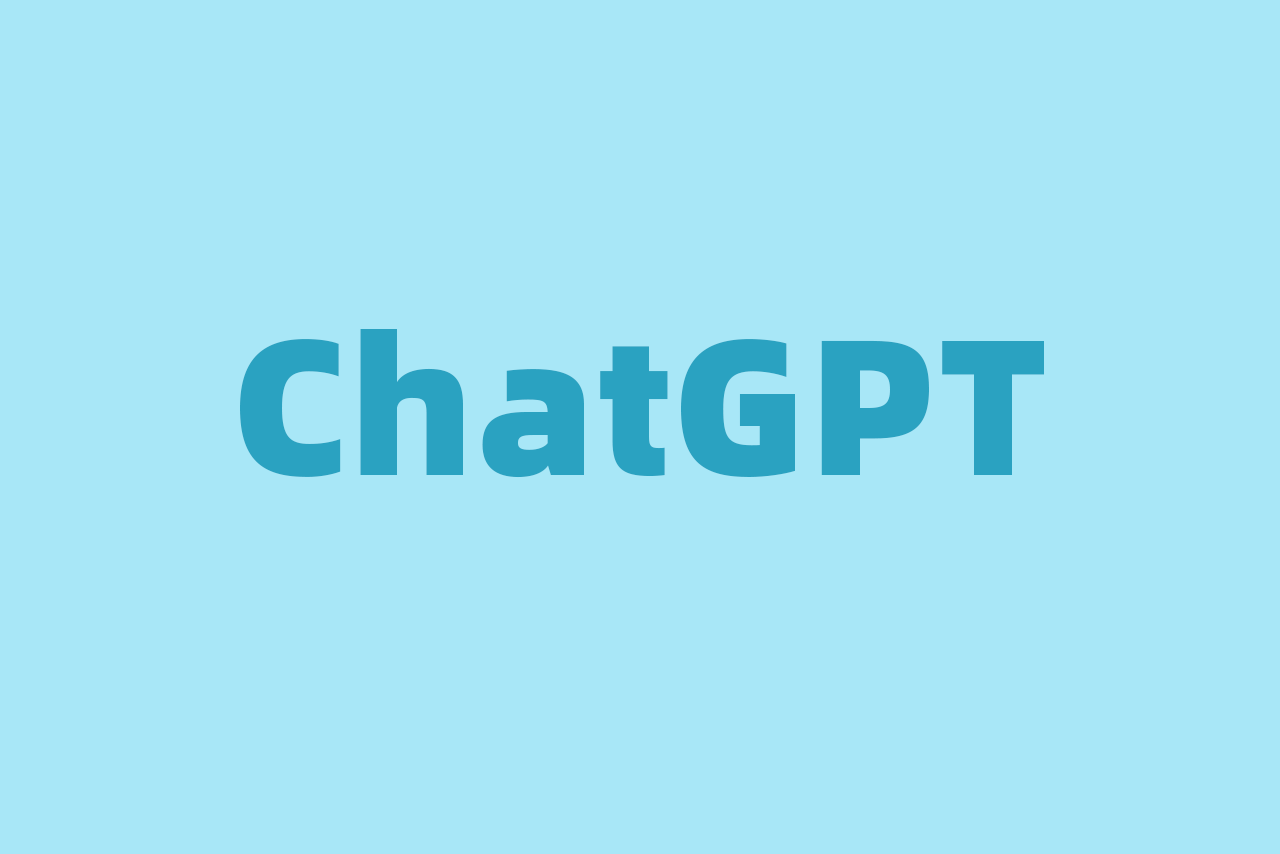Table of Contents
The increasing use of AI systems like ChatGPT has raised concerns about the impact these systems may have on employment and the job market. As AI systems become more sophisticated and capable of performing a wider range of tasks, there is a concern that they may displace human workers and lead to job losses in certain industries. In this article, we will explore the concerns raised about the impact of ChatGPT on employment, and what can be done to mitigate these concerns.
1. Job displacement
One of the major concerns raised about ChatGPT and AI systems in general is their potential to displace human workers. As ChatGPT becomes more advanced and capable of performing a wider range of tasks, there is a concern that it may replace human workers in certain industries, leading to job losses.
For example, ChatGPT could potentially replace customer service representatives, sales representatives, and other positions that involve customer interactions. In these industries, ChatGPT could perform the same tasks as human workers, but at a lower cost and with a higher level of efficiency. This could lead to significant job losses, as companies may opt to use ChatGPT instead of human workers in order to cut costs.
2. Widening income inequality
Another concern raised about the impact of ChatGPT on employment is that it could contribute to the widening income inequality. As ChatGPT and other AI systems become more advanced, they may displace low-skilled and low-wage workers, leading to a concentration of wealth in the hands of a few. Moreover, as AI systems become more advanced and capable of performing a wider range of tasks, they may also displace high-skilled and high-wage workers, as companies may opt to use these systems instead of human workers in order to cut costs. This could lead to a situation where a small group of highly skilled workers are able to command high wages, while a large number of low-skilled workers are left without work.
3. The need for reskilling
One of the ways to mitigate the concerns raised about the impact of ChatGPT on employment is through reskilling and upskilling programs. As AI systems become more advanced and capable of performing a wider range of tasks, there is a need for workers to be trained in new skills to remain competitive in the job market.
For example, workers who are displaced due to the increasing use of ChatGPT in customer service and sales roles could be trained in new skills, such as data analysis, software development, and other skills that are in high demand in the current job market. This would help these workers to remain competitive in the job market, and reduce the impact of job displacement caused by ChatGPT and other AI systems.
4. Regulation and government support
Another way to mitigate the concerns raised about the impact of ChatGPT on employment is through regulation and government support. Governments can play a role in ensuring that the adoption of ChatGPT and other AI systems is done in a way that minimizes the impact on employment and the job market.
For example, governments can provide support for reskilling and upskilling programs, as well as provide tax incentives for companies that invest in training and development for their workers. Governments can also regulate the use of AI systems in certain industries, in order to ensure that these systems are used in a way that minimizes the impact on employment and the job market.
5. Ethical considerations
Finally, there is a need for ethical considerations to be taken into account when it comes to the impact of ChatGPT and other AI systems on employment. As these systems become more advanced and capable of performing a wider range of tasks, there is a need for clear ethical guidelines to ensure that these systems are used in a way that is responsible, fair, and equitable.
For example, ethical considerations should be taken into account when it comes to the use of ChatGPT in decision-making processes that impact employment, such as hiring, firing, and performance evaluations. There should be clear guidelines and transparency around the use of these systems, and their decision-making processes should be subject to regular review and audits to ensure that they are fair, ethical, and unbiased.
Furthermore, ethical considerations should also be taken into account when it comes to the use of ChatGPT in industries where there is a high risk of human harm, such as healthcare, finance, and law enforcement. In these industries, it is important to ensure that the use of ChatGPT is done in a way that is safe and does not put human lives at risk.
In conclusion, the increasing use of ChatGPT and other AI systems has raised concerns about the impact these systems may have on employment and the job market. However, by taking a proactive approach to mitigating these concerns, such as through reskilling and upskilling programs, regulation and government support, and ethical considerations, it is possible to ensure that the adoption of ChatGPT and other AI systems is done in a way that is responsible, fair, and equitable.

